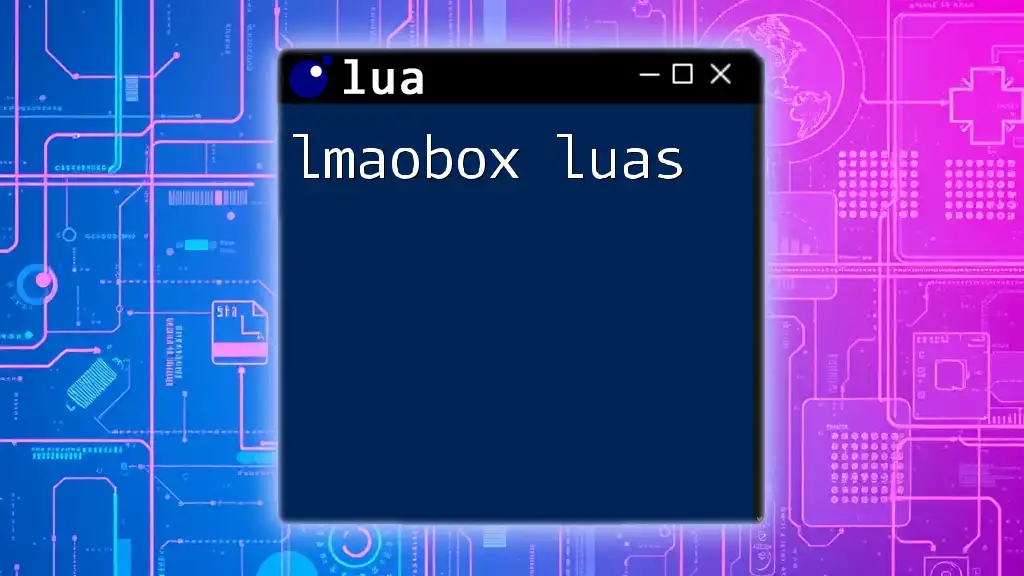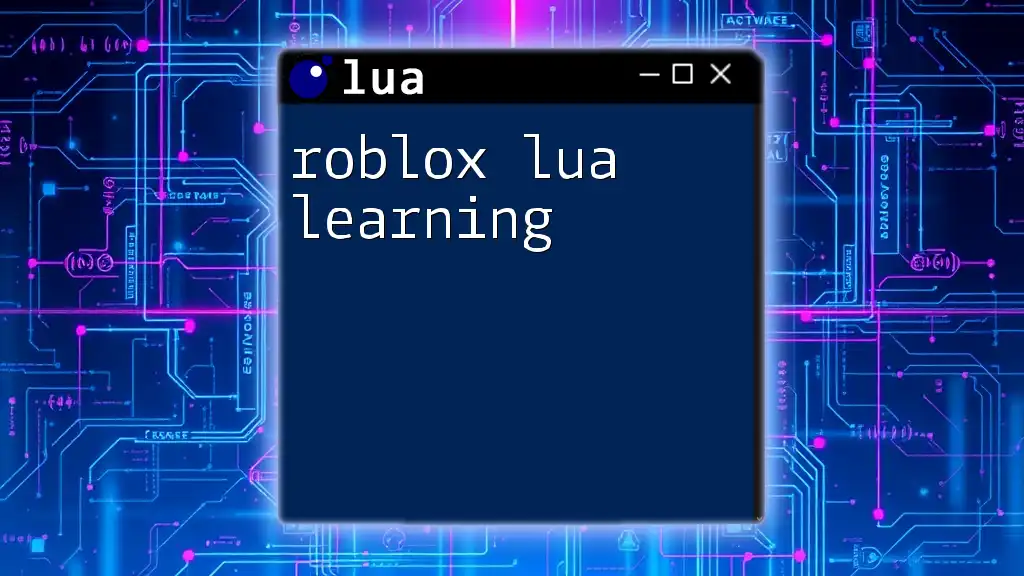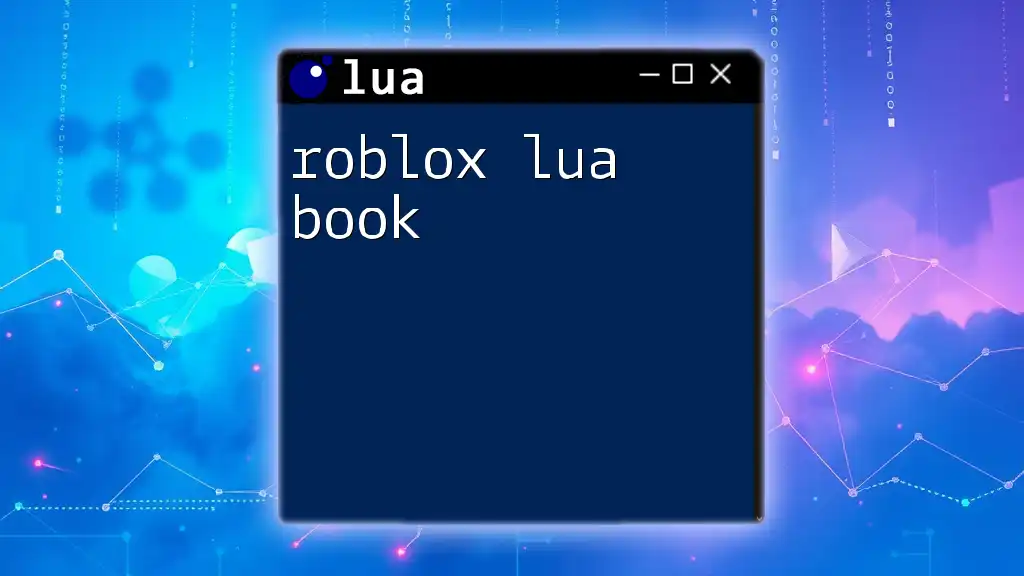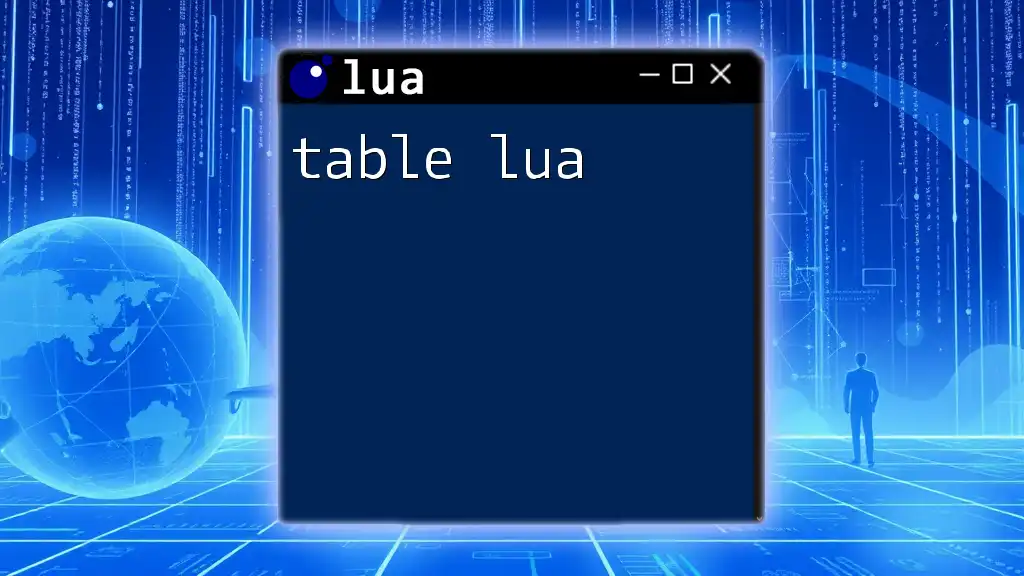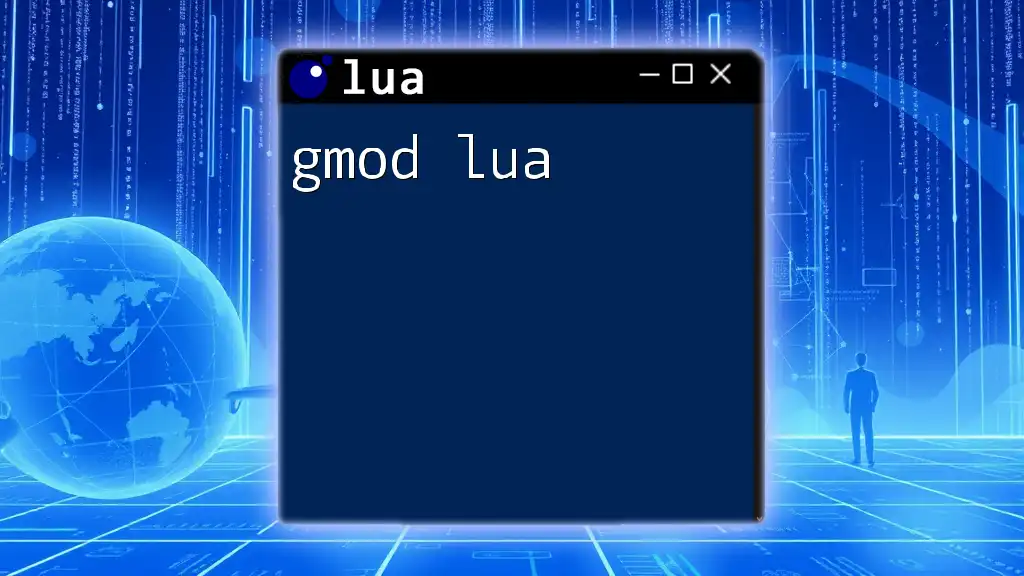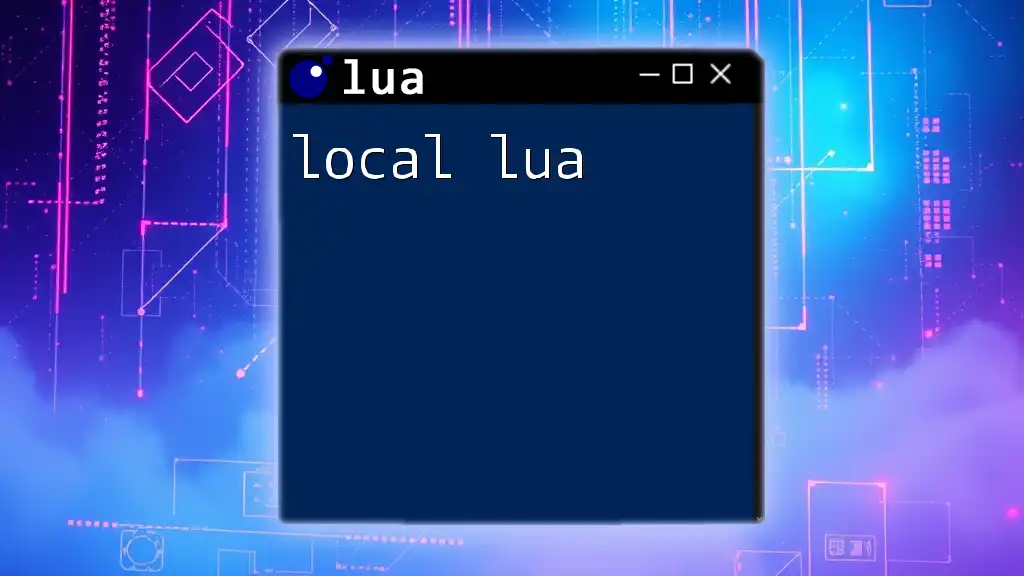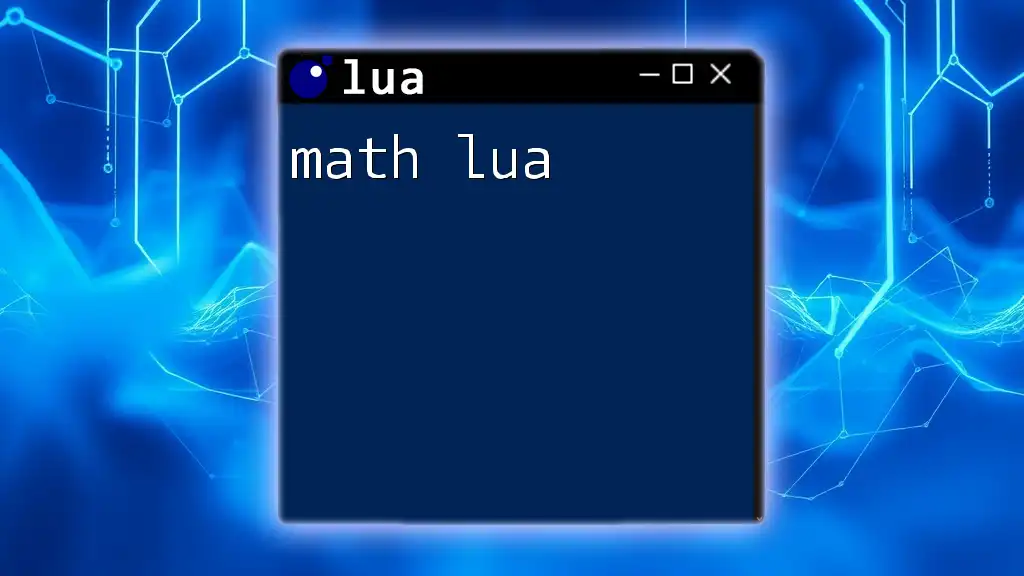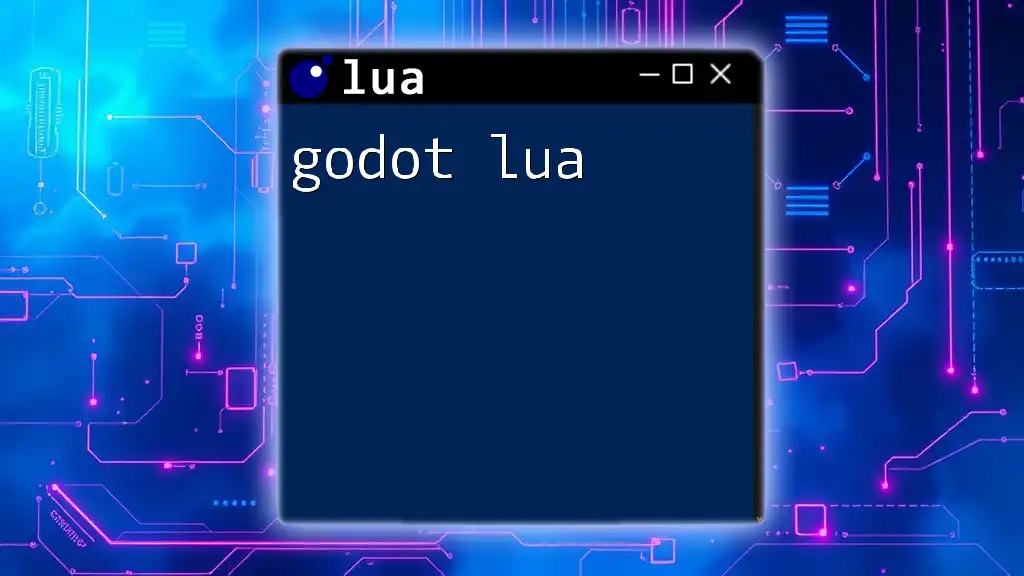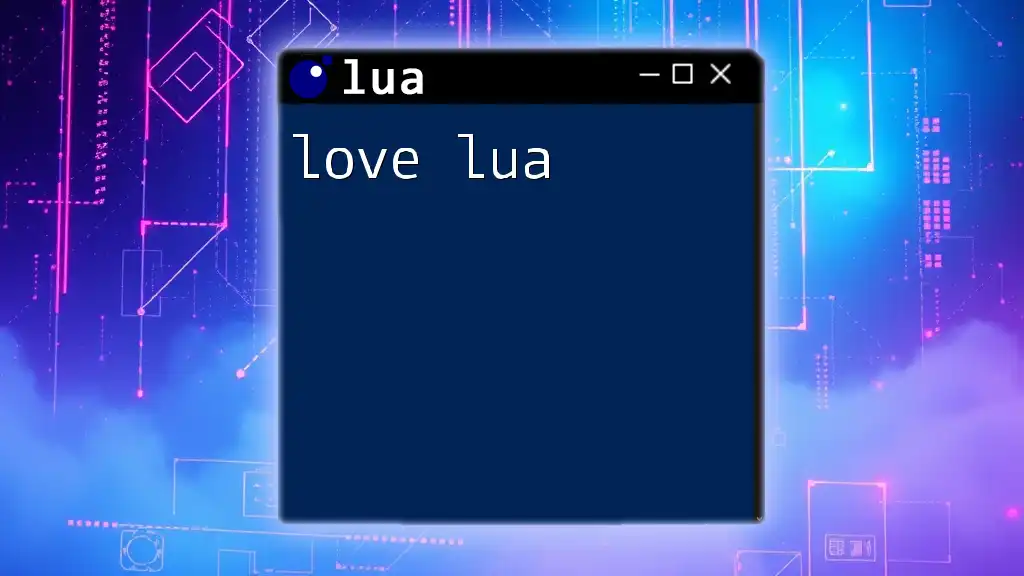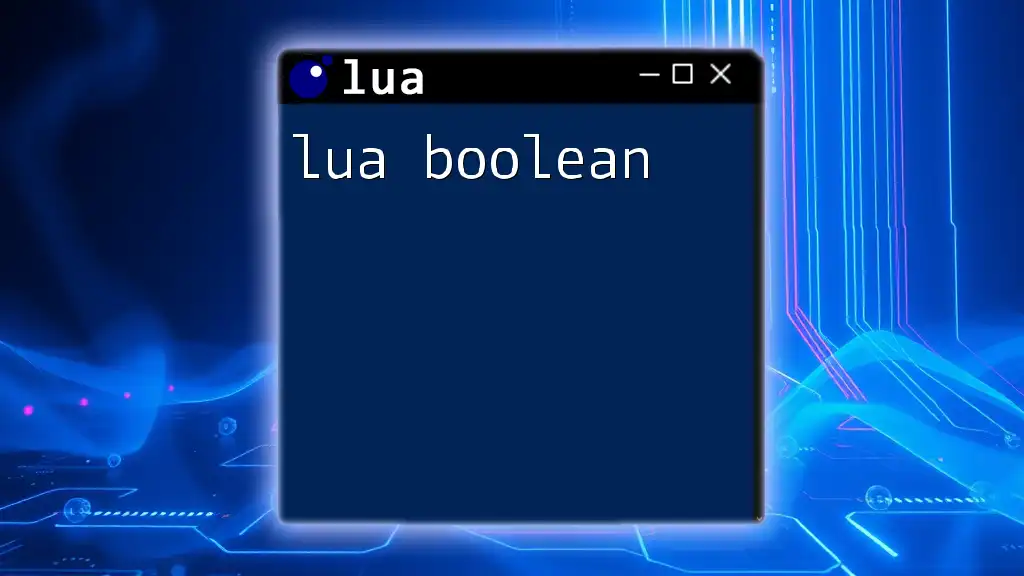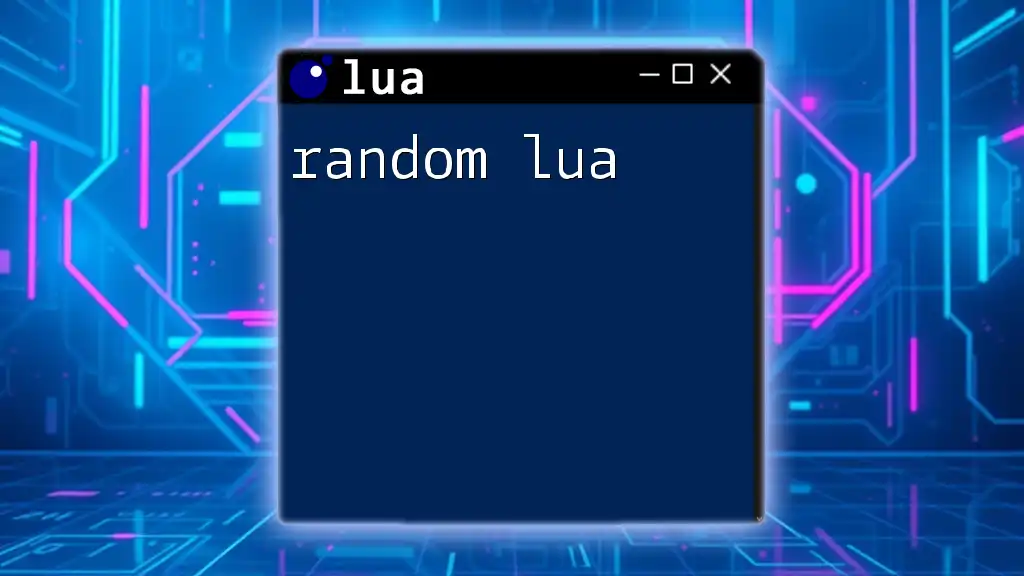"Lmaobox" refers to a popular exploit tool for Garry's Mod that utilizes Lua scripts to enhance gameplay or modify game mechanics; here's a simple Lua command to print "Hello, World!" to the console:
print("Hello, World!")
Introduction to Lmaobox Luas
Lua is a lightweight scripting language widely used in various gaming modifications, making it a powerful tool for developers and players alike. With its simple syntax and good performance, Lua offers a relaxed environment for creating mods that can customize gameplay experiences beyond conventional limits.
Lmaobox is a popular Lua-based mod for the game “Team Fortress 2,” designed to offer players advanced functionalities like aimbots and ESP (Extra-Sensory Perception). This guide delves deeply into lmaobox luas, exploring their structure, functionality, and how to master them for both enjoyment and performance.
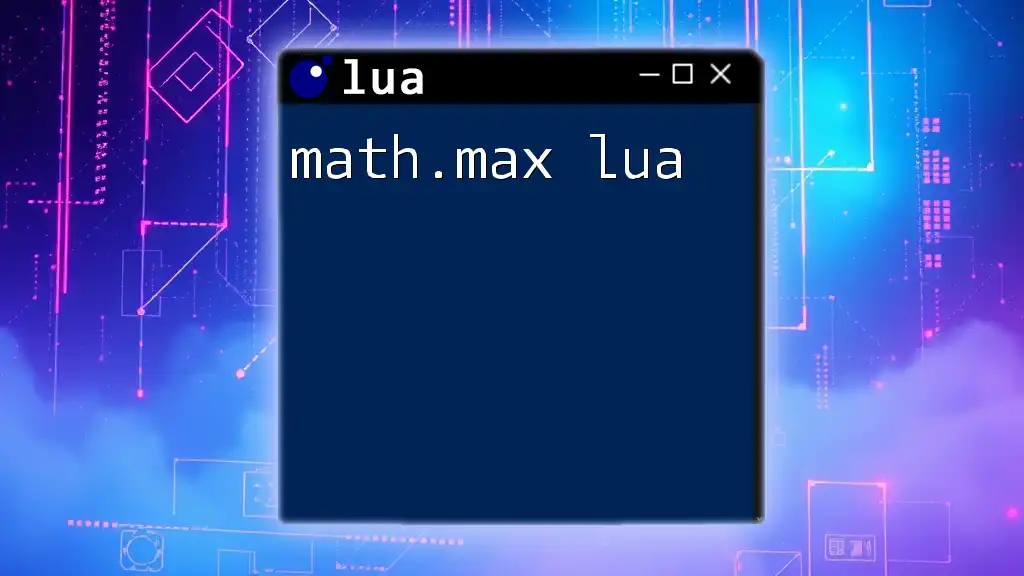
Understanding Lmaobox Commands
Basic Structure of Lmaobox Commands
Commands in Lmaobox maintain a specific syntax derived from Lua. Familiarizing yourself with the fundamental components is crucial for effective scripting. Commands typically consist of:
- Functions: Defined actions that can be reused throughout the code.
- Variables: Containers for data that can change value.
- Tables: Collectible data structures that allow organization and management of related variables.
Each command's efficiency and clarity depend on how well these components are combined and utilized.
Commonly Used Commands
When starting your journey with lmaobox luas, a few essential commands are vital for performance and functionality. Here are some widely used commands in this realm:
- print(): Outputs data to the console.
print("This is a basic Lmaobox command") - setmetatable(): Establishes a metatable for tables, enabling advanced behaviors in tables.
- require(): Loads modules or libraries to be used in the script.
While mastering these commands, always understand their context and implications. Each command serves a unique purpose tailored to enhance gameplay mechanics.
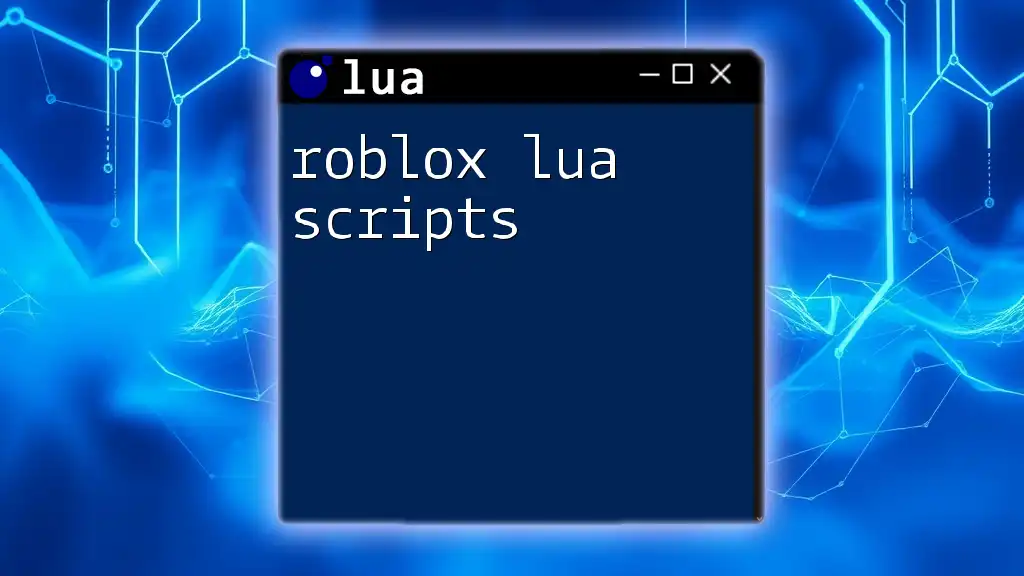
Setting Up Your Environment
Installing Lmaobox
To get started with lmaobox luas, one must first install Lmaobox itself. Follow these steps to ensure a successful installation:
- Download the Lmaobox from a trusted source. It's crucial to ensure that you are downloading from a reputable site to avoid potential malware.
- Extract the files to the “addons” directory of your Team Fortress 2 installation folder.
- Launch the game and see if Lmaobox loads correctly.
Configuring the Lua Environment
After installation, configuring the Lua environment is necessary to utilize Lua scripting effectively. This involves:
- Setting up the Lua interpreter, where you can test snippets of code to ensure they work as expected.
- Understanding the configuration files that may need modifications for optimal performance based on your game setup.
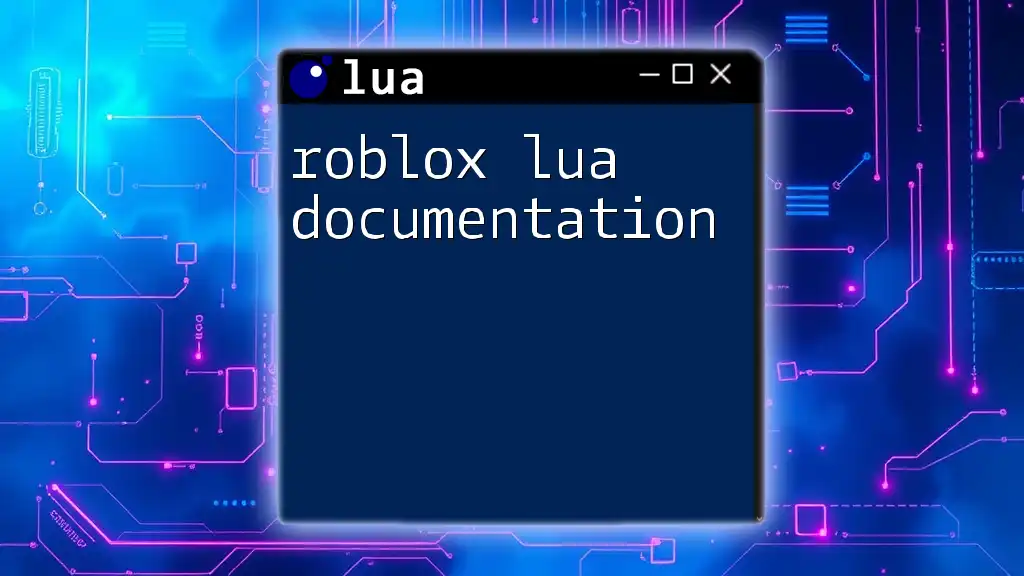
Essential Lmaobox Luas
Exploring Popular Luas for Lmaobox
Once you have Lmaobox installed, you’ll encounter several popular Luas. Each serves distinct functions, enhancing gameplay dramatically:
- ESP (Extra-Sensory Perception): Helps you visualize opponents' locations, allowing players to anticipate movements.
- Aimbot: Automatically targets enemies, which can help improve aim precision.
Creating Your Own Lua Scripts
One of the most exciting aspects of Lmaobox is the capability to write your own scripts. Getting started is simpler than you might think. Here's an example of a basic Lua script:
-- Simple script to print hello
print("Hello, Lmaobox!")
When writing scripts, make sure to comment your code. This practice clarifies your intentions for future modifications or when sharing code with others.
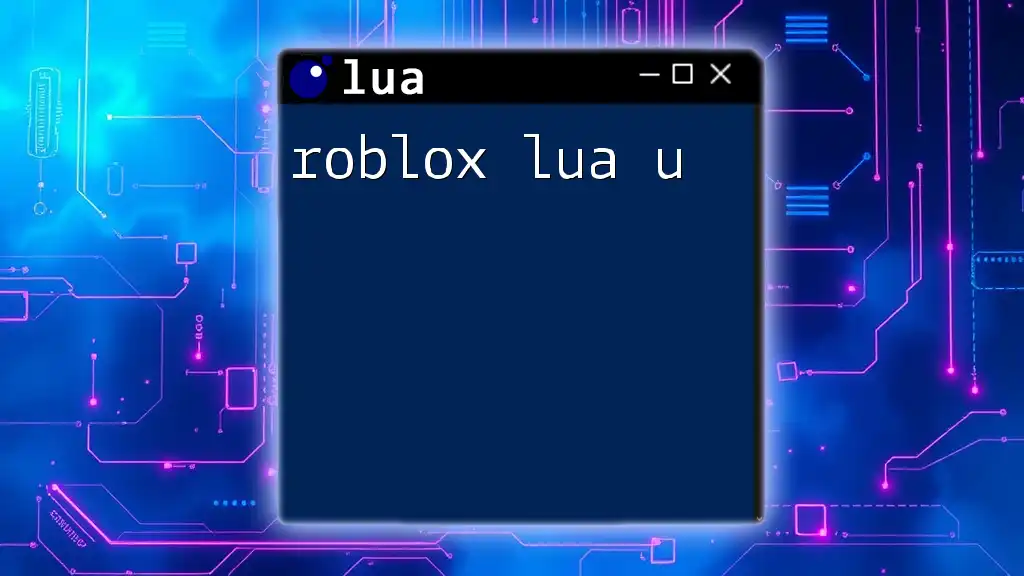
Working with Advanced Commands
Advanced Lmaobox Techniques
As you progress, you may want to explore more advanced commands. These can significantly expand your capabilities within Lmaobox, allowing for more complex interactions and functionalities.
Debugging with Lua
Debugging is an essential part of developing scripts. It helps identify and resolve issues before they affect gameplay. Effective debugging tips include:
- Utilizing print statements to track the flow of your script.
- Example of a debugging scenario:
if variable == nil then
print("Variable is nil!")
end
This snippet effectively checks if `variable` is set, helping diagnose potential problems before they escalate.
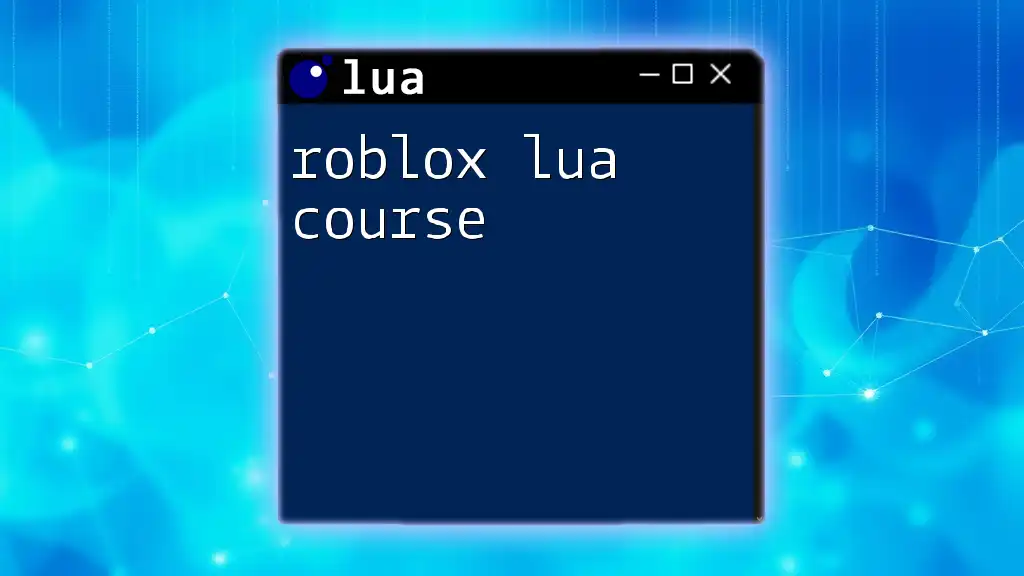
Optimizing Your Scripts
Best Practices for Efficient Scripting
Writing efficient scripts is paramount in ensuring smooth gameplay. Adopt the following best practices:
- Minimize unnecessary calculations and function calls inside loops.
- Opt for local variables, which enhance performance due to their quicker scope resolution.
Examples of Optimization Techniques
Being conscious of performance can transform your scripts from mere functional code to high-performance snippets. Common pitfalls include excessive global variable usage and poorly structured loops. For instance:
Before optimization:
for i = 1, #myTable do
print(myTable[i])
end
After optimization, using a local variable to hold the table length:
local count = #myTable
for i = 1, count do
print(myTable[i])
end
This slight change can lead to improved performance, especially in larger scripts.
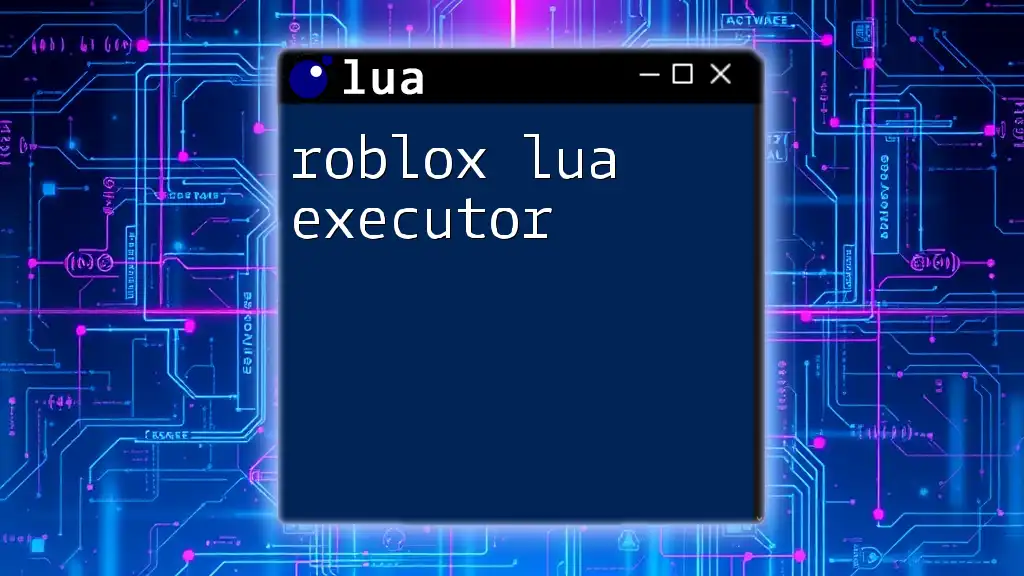
Safety and Ethics in Lmaobox Usage
Understanding Game-Making Ethics
The use of lmaobox luas often brings discussions on ethics within the gaming community. Modifying gameplay using these scripts can be considered unfair and against the spirit of competition.
Safe Practices When Using Lmaobox
To maintain a healthy gaming experience while maximizing the benefits of Lmaobox:
- Be aware of the risks associated with cheating, including possible bans.
- Use mods responsibly and intelligently, considering the overall player experience.
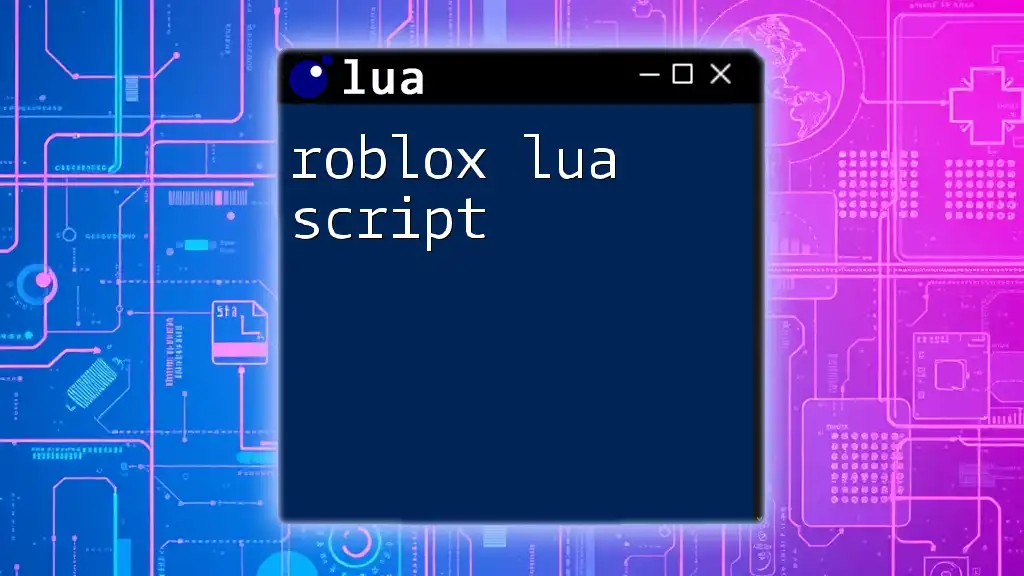
Conclusion
In summary, mastering lmaobox luas requires understanding Lua scripting basics, installing and configuring Lmaobox, and responsibly using advanced techniques to enhance your gaming experience. Alongside this, maintaining ethical considerations and safety practices ensures a balanced enjoyment of gaming modifications.
Additional Resources
For those eager to explore and enhance their skills further, it’s essential to familiarize yourself with recommended tools, libraries, and community forums. Connecting with others sharing the same interests can foster growth and offer a support network as you experiment with new scripts.
Call to Action
We invite you to share your experiences with Lmaobox and explore the vast potential of Lua scripting. Provide feedback on the article and subscribe to stay updated on more insights, tutorial content, and resources that can elevate your scripting journey!

